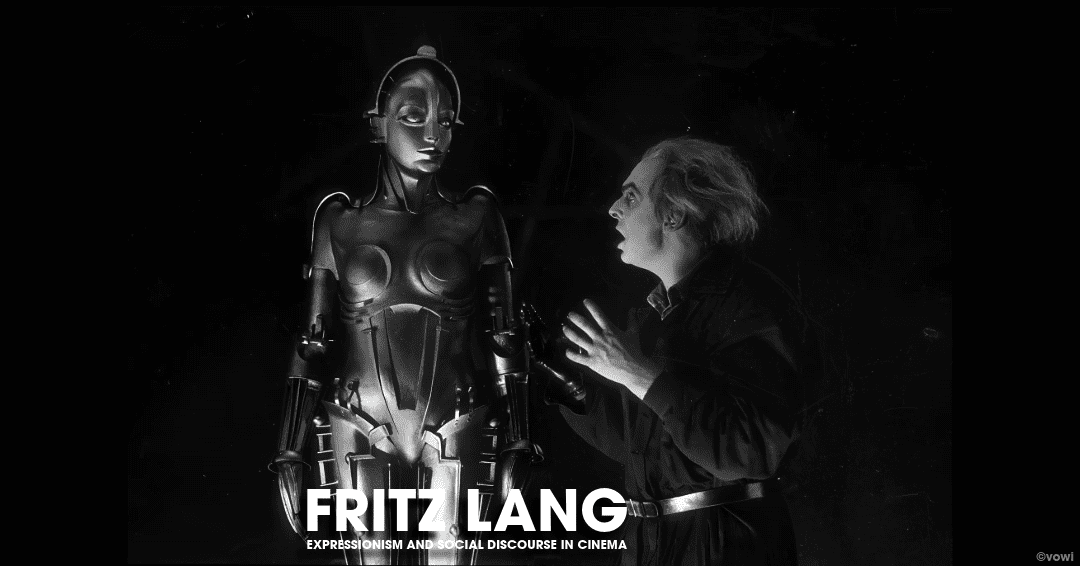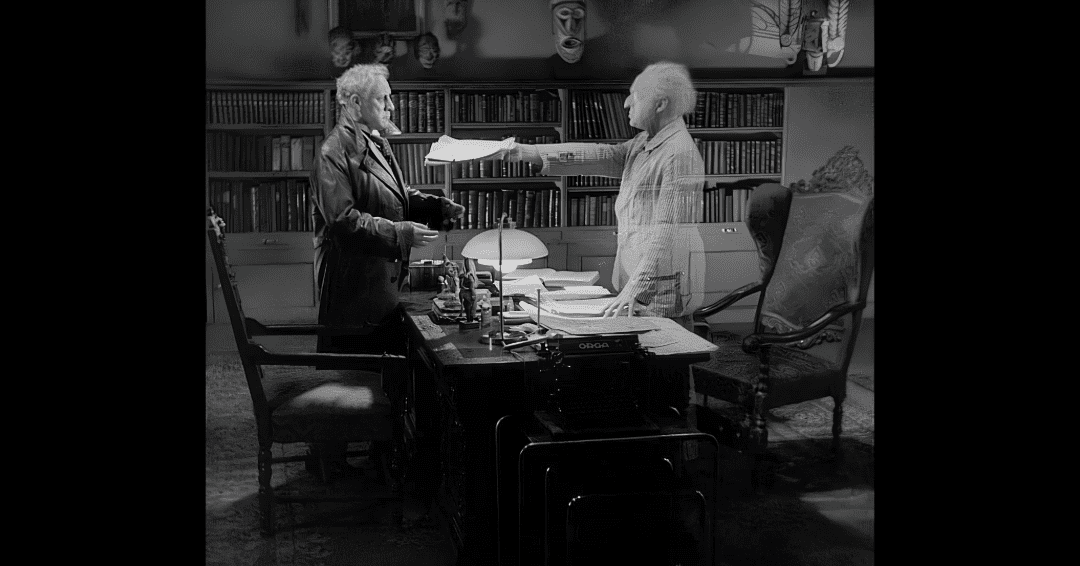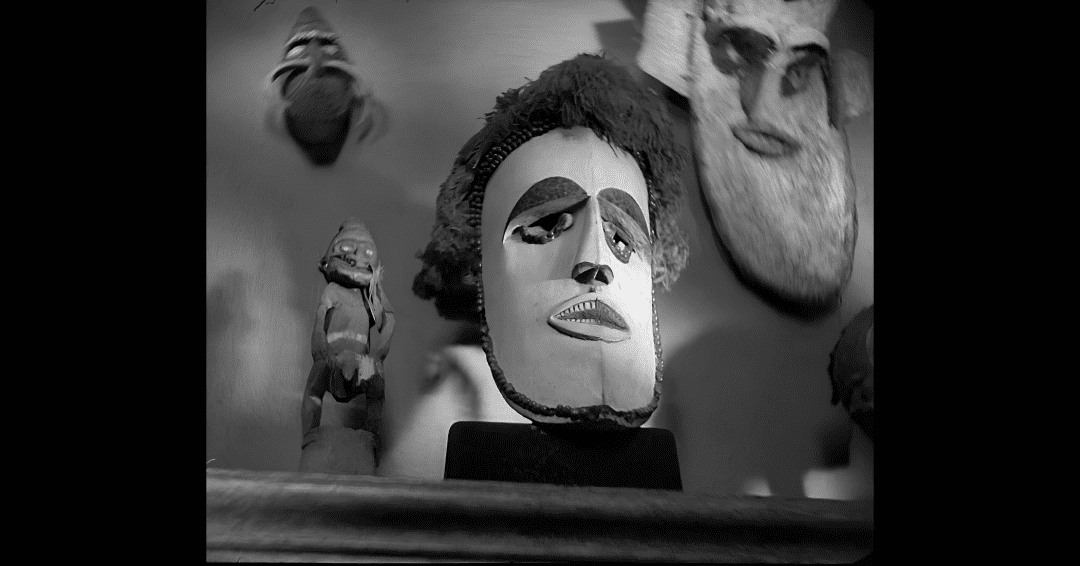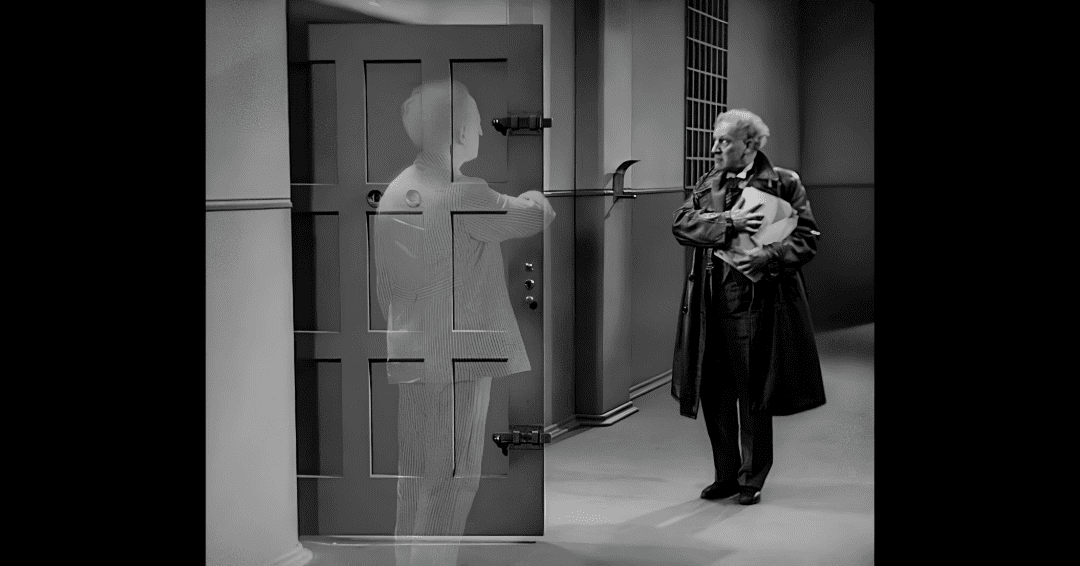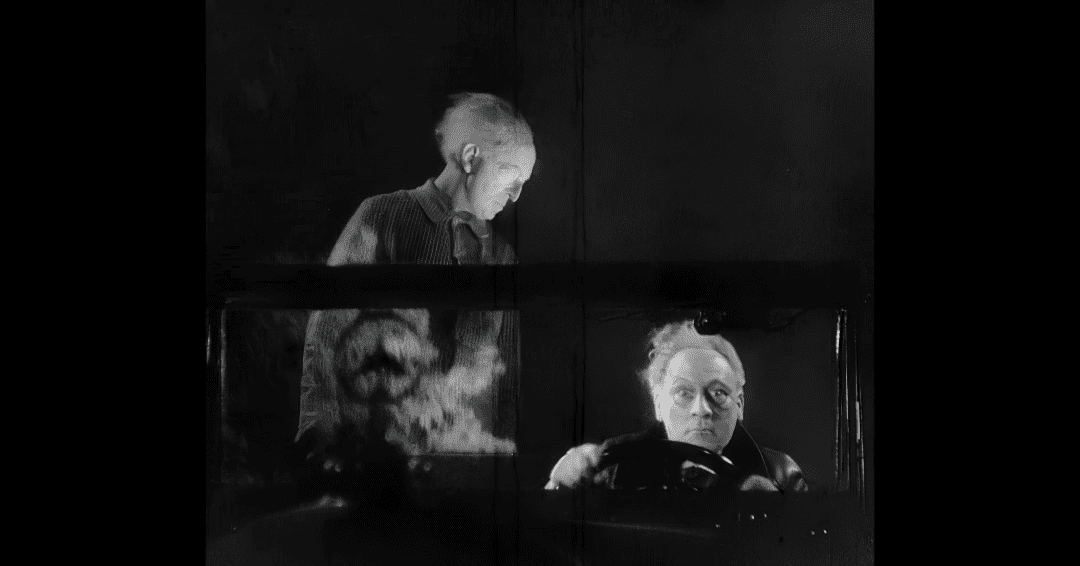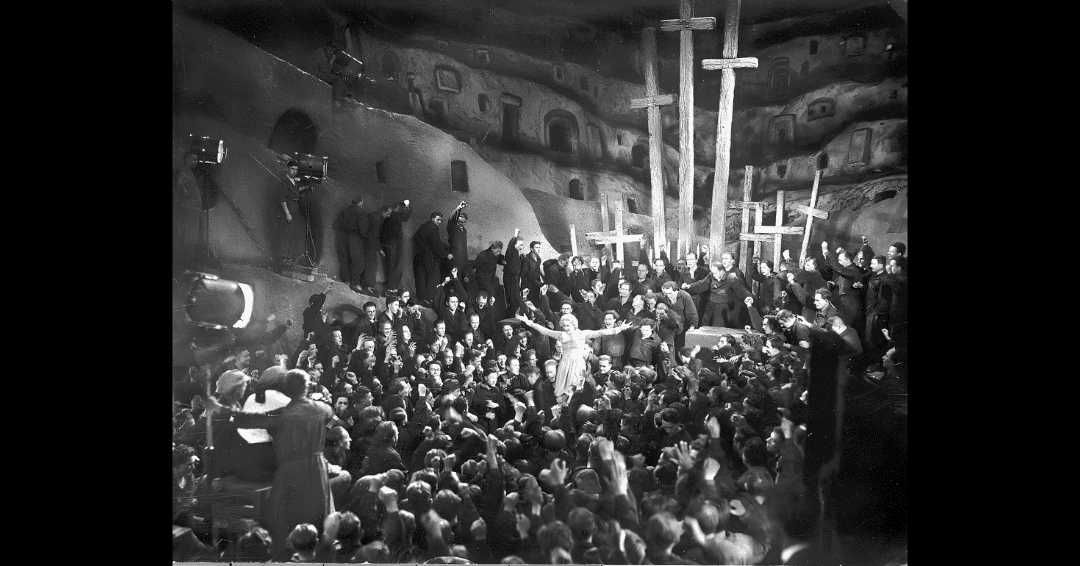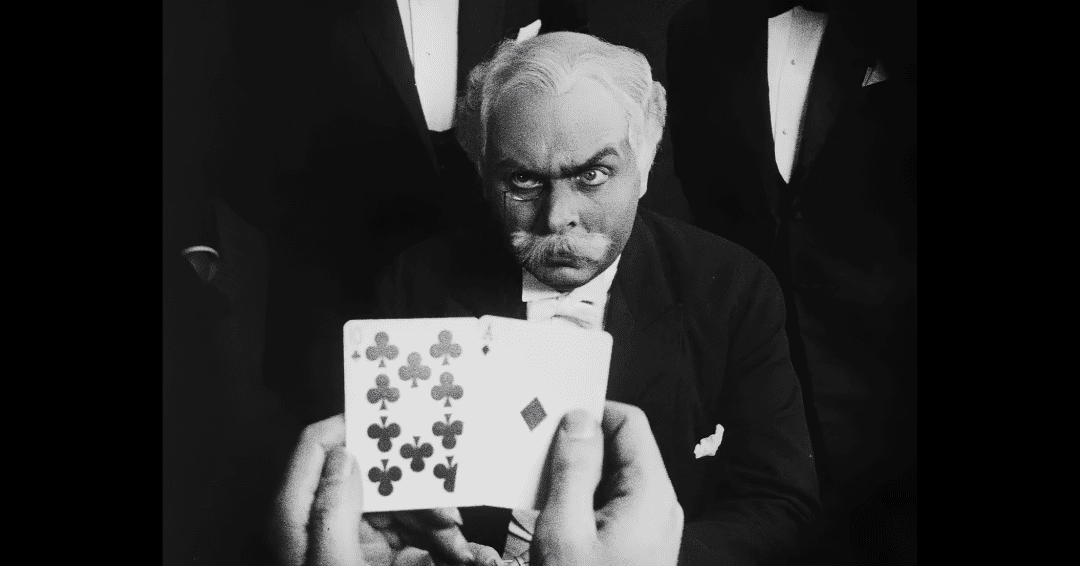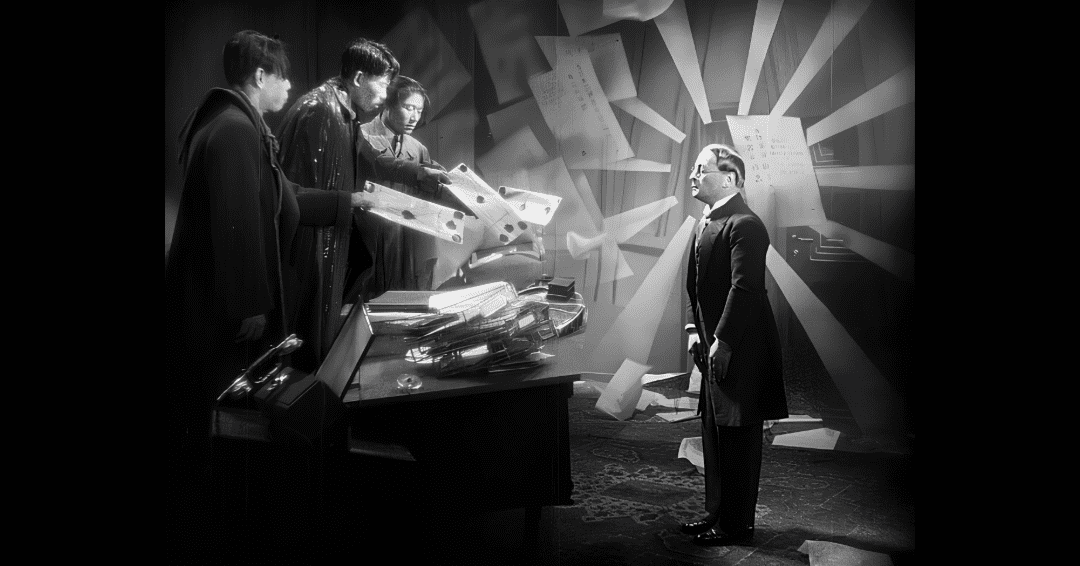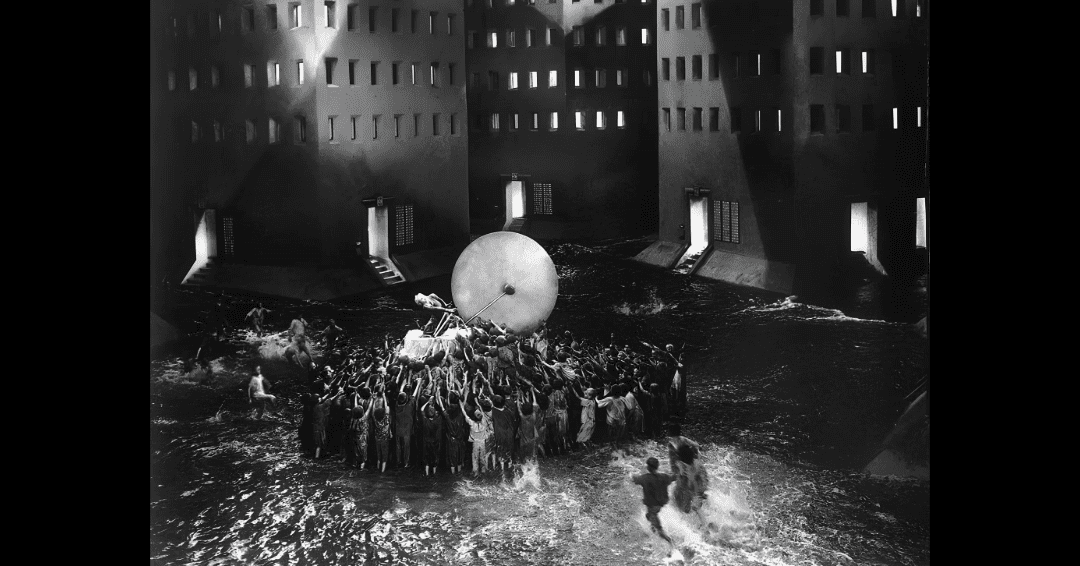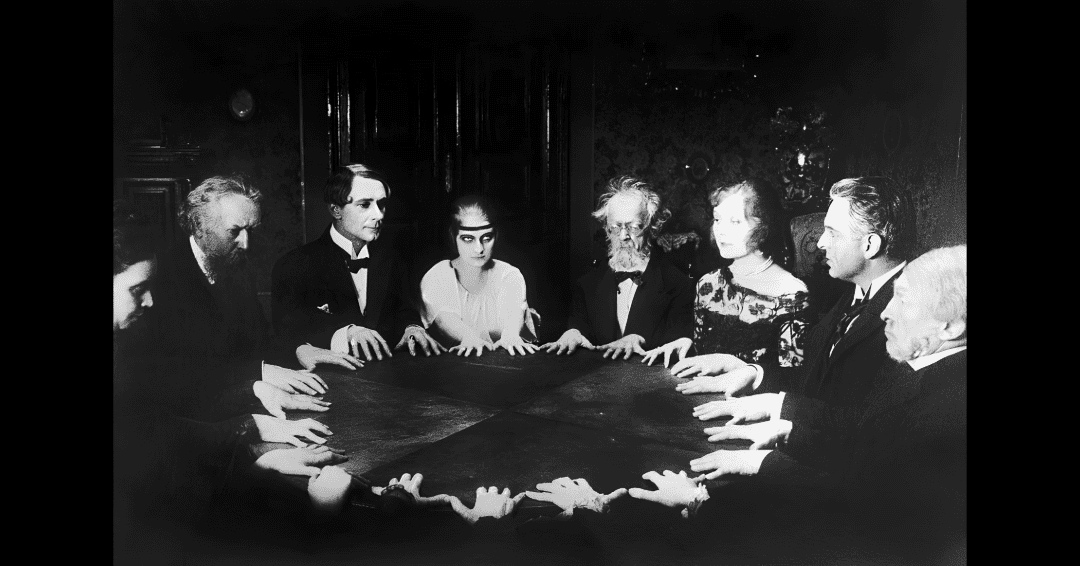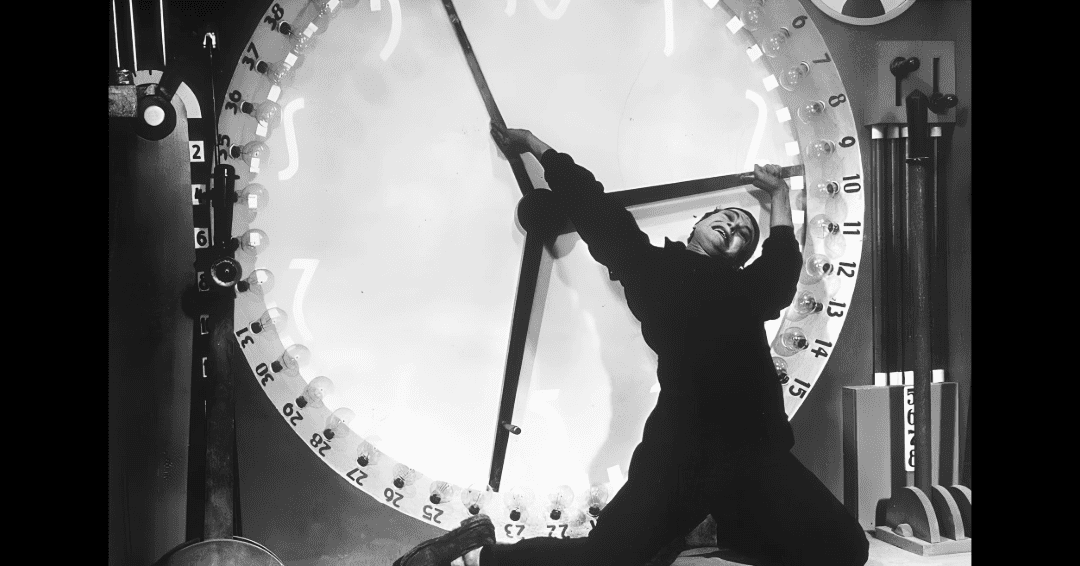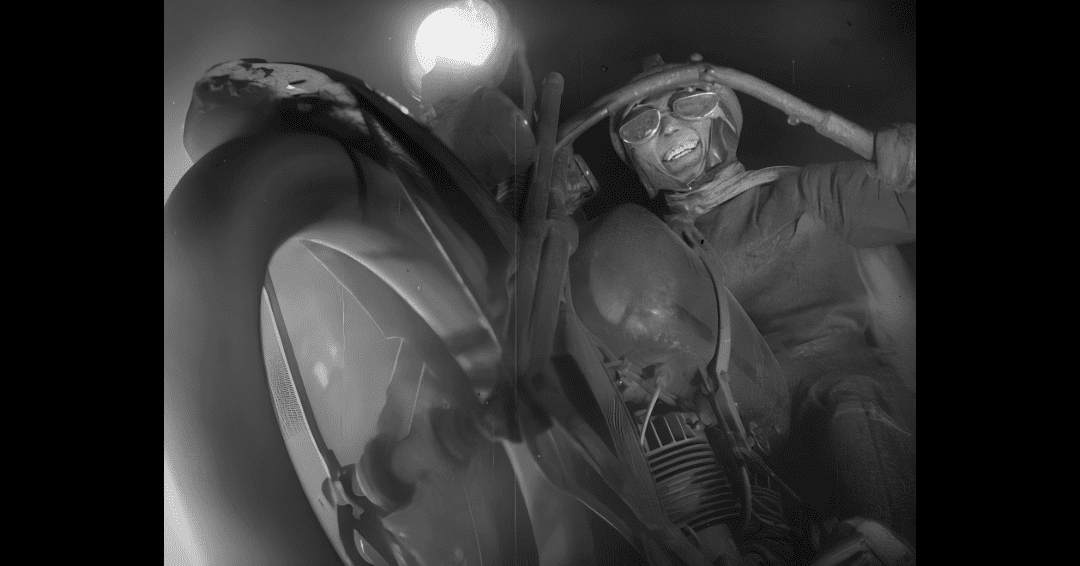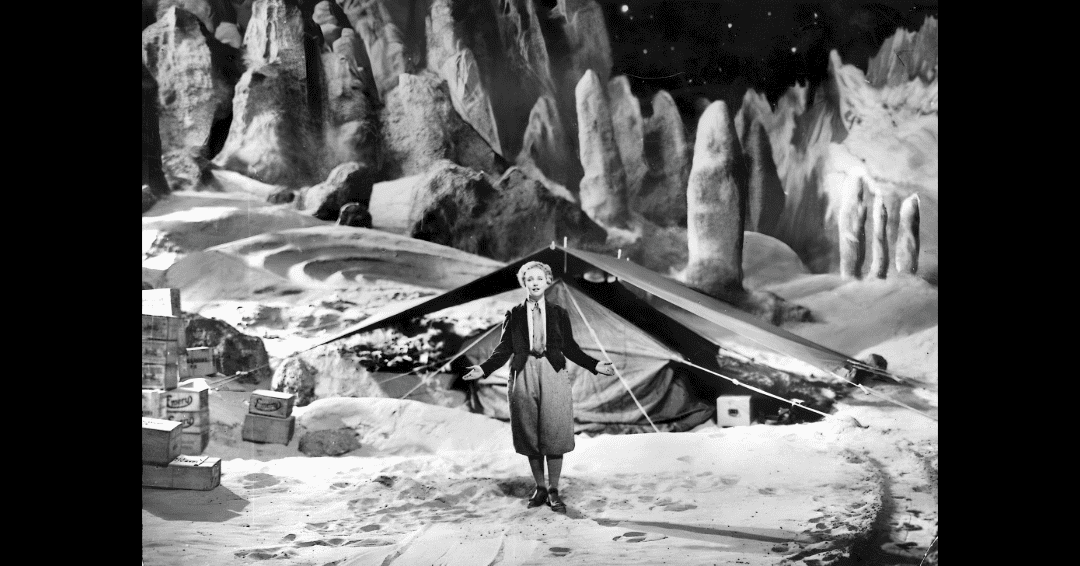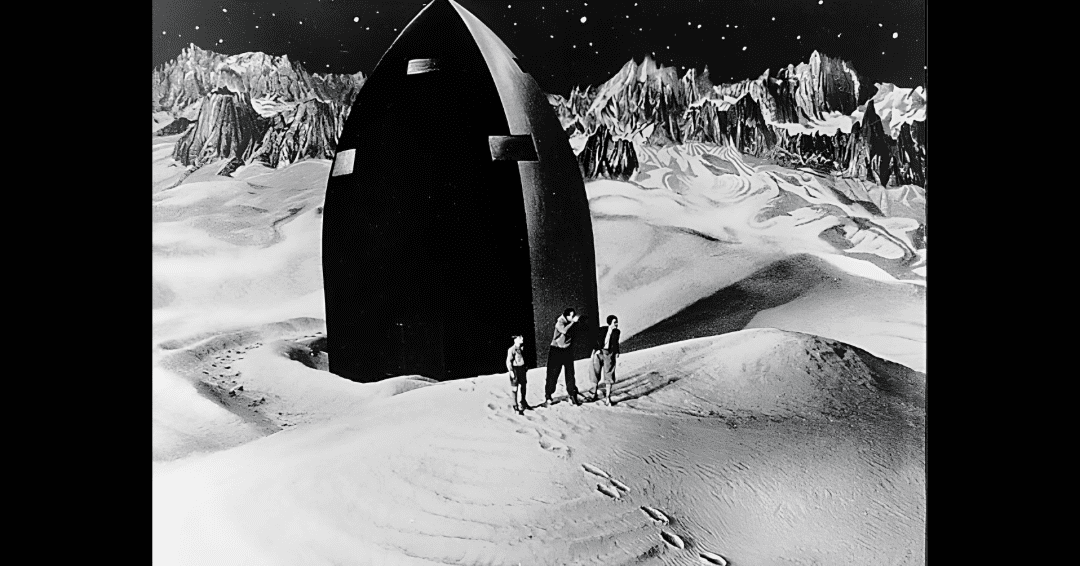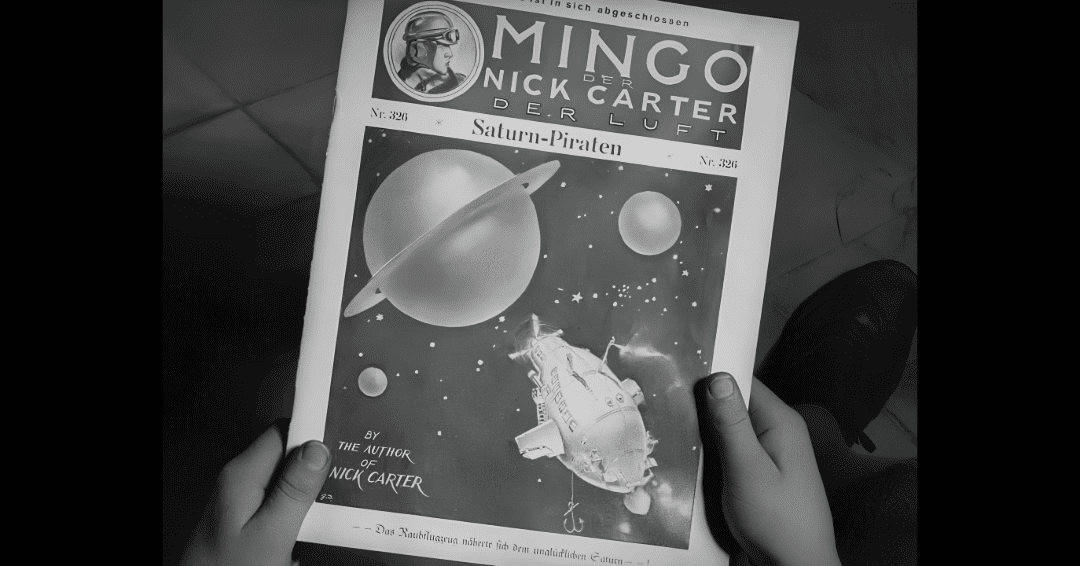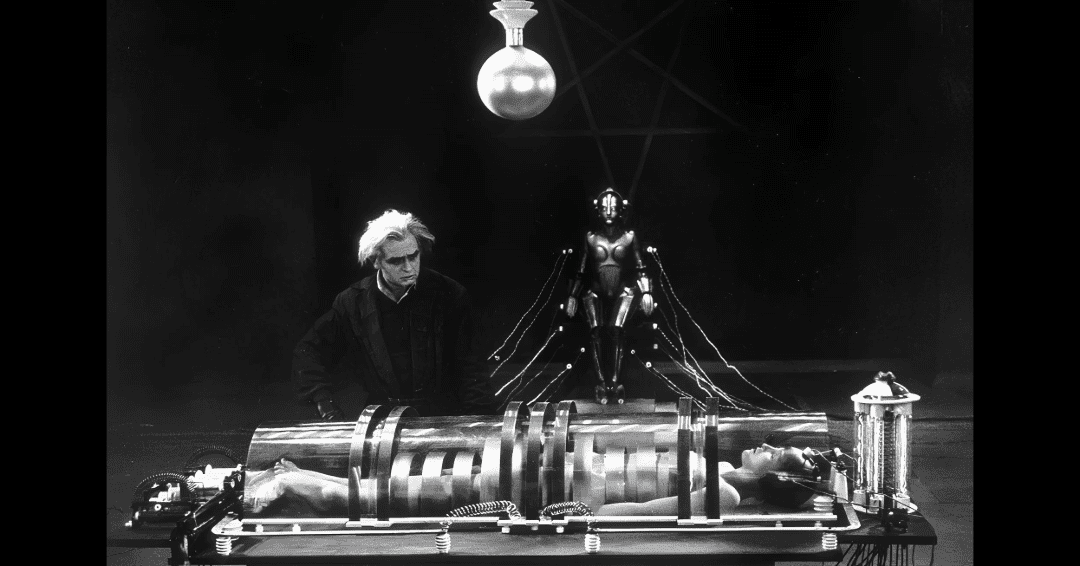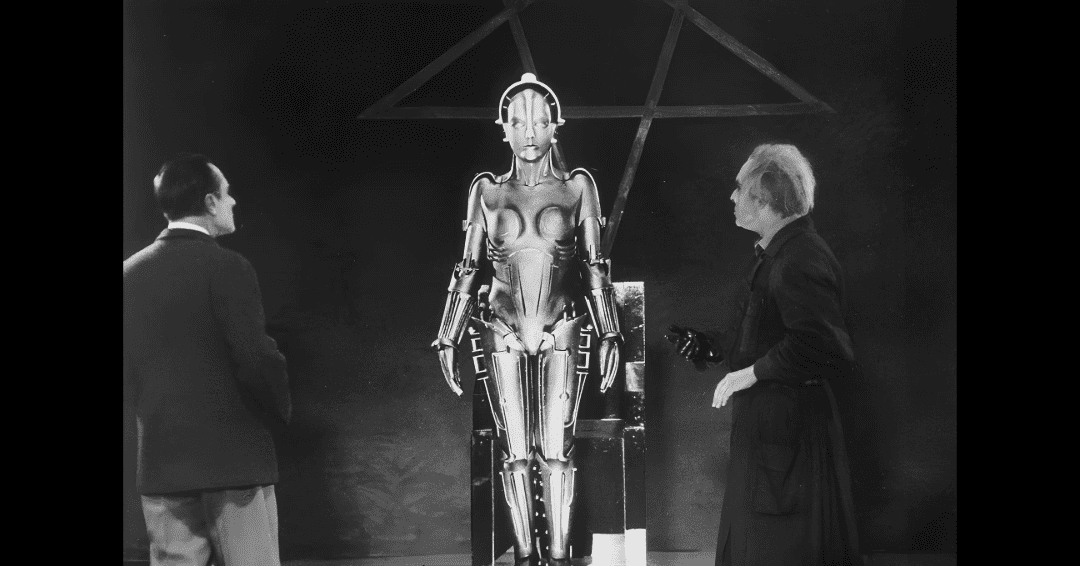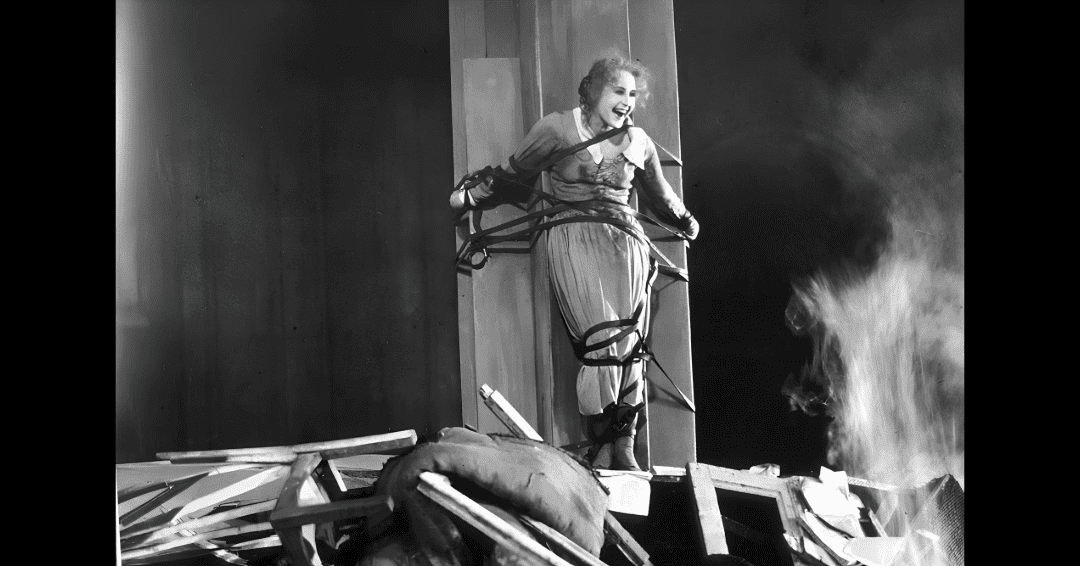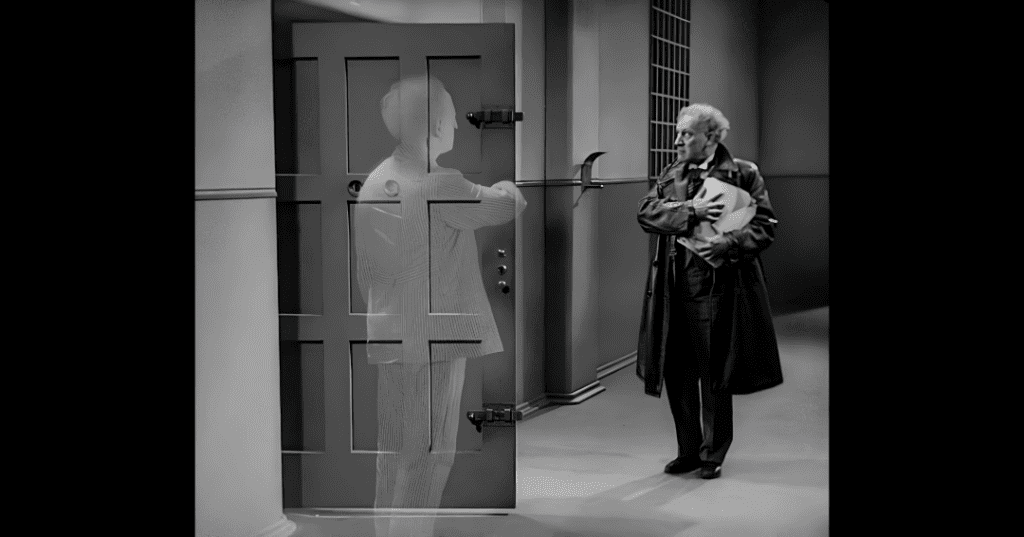
Fritz Lang, born in 1890 in Vienna, Austria, is recognized as a monumental figure in the early days of cinema. His formative years, studying architecture and serving in World War I, significantly shaped his cinematic vision, blending architectural precision with a deep understanding of human conflict and technological fascination. Lang’s filmography, including masterpieces like “Metropolis” (1927), “M” (1931), “Dr. Mabuse the Gambler” (1922), “The Testament of Dr. Mabuse” (1933), “Spione” (1928), and “Woman in the Moon” (1929), showcases his exceptional talent in visual storytelling and thematic exploration, establishing him as a leading figure in German Expressionism and a pioneer in genres ranging from science fiction to espionage thrillers.
In the volatile milieu of the Weimar Republic, Lang’s cinema mirrored the social and political upheavals of post-World War I Germany. His film “Metropolis” is a critique of industrialization, depicting a dystopian future marked by deep class divisions and mechanized oppression, utilizing groundbreaking sets and special effects to reflect societal anxieties about technological control. Conversely, “M” delves into the psychology of a child murderer, reflecting the contemporary obsession with surveillance, justice, and morality, highlighting Lang’s knack for creating atmospherically tense narratives that challenged existing cinematic techniques.
Lang’s cinematic philosophy was deeply rooted in the examination of moral ambiguities and the dark sides of societal progress and technology. He believed films should not only entertain but also challenge the audience to question their ethical boundaries and societal norms. His profound influence is visible in the works of subsequent directors like Alfred Hitchcock, who absorbed Lang’s methods for psychological depth and suspense, and Ridley Scott, whose films like “Blade Runner” draw heavily on the thematic and aesthetic foundations laid by Lang’s “Metropolis.” Lang’s enduring legacy continues to shape how modern cinema approaches complex themes within visually rich and narratively dense frameworks, proving his timelessness in the world of film.

